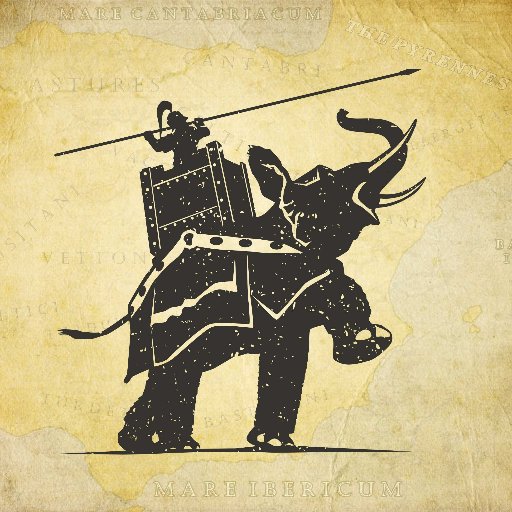Scholars debate whether Philip’s Companions also had a small shield like the pelta of his Macedonian infantrymen. Whether this is the case or not, it appears they discarded it by the time of Alexander’s crossing into Asia in 334 BC.
Artwork by © Johnny Shumate.
At the sieges of Halicarnassus and Tyre for example, we hear of highly-destructive torsion stone-throwers called petroboloi being used in Alexander’s army. These devastating machines could either be wheeled or wheel-less and could be placed on land, on siege towers and on ships.
From the archive: Colchester: From Bronze Age to Boudica https://t.co/zW6mti0Xva
Colchester: From Bronze Age to Boudica https://t.co/FGftXQ79LB
Single combat was no novel concept for Alexander the Great's generals. Homeric precedents inspired them since childhood. 'Noble’ duels between figures like Hector and Achilles, Hector and Ajax or Diomedes and Aeneas motivated commanders to slay leading enemies by their own hand.
From the archive: The Rise of Hannibal https://t.co/bBlCQ8kzXW
A man with traces of royal blood flowing through his veins, Perdiccas was a member of one of the most prestigious families in Macedonia. He hailed from Orestis - a region on Macedonia’s southwestern fringes where his family held great influence.
Each cavalryman in Philip II's Macedonian army would have 1 servant, while for the infantry there would be 1 servant for every 10 Macedonians. They carried hand mills for grinding grain, guy ropes for both bridge building and rock climbing and their own bedding and rations.
'God in heaven, if Alexander had left us this fellow as king in his stead, my opinion would be that this is the one order of his that should not be obeyed!'
- the Macedonian general Meleager's vicious reproach of Perdiccas: June 323 BC
In c.328 BC Philip, a member of Alexander the Great's infantry guard, ran c.80 km to keep up with a cavalry chase. He fought in the ensuing battle. Only at its end did ‘that vital spark which had kept him going desert him.’ He collapsed and died from exhaustion moments later.
















